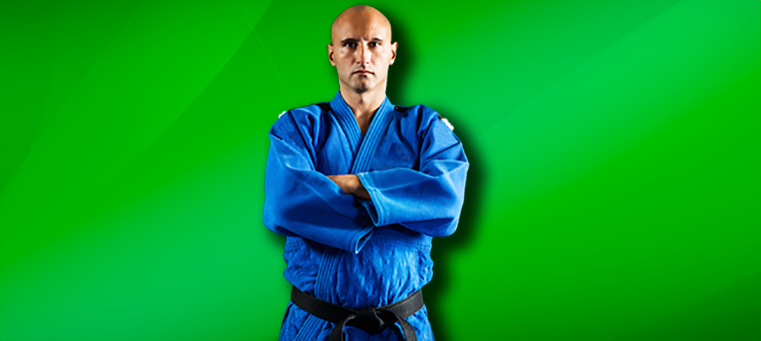Many modern, high quality schools in the area offer provide Martial Arts training with a range of programs and options for adults and children alike, with a host of benefits at every level. Some schools even offer training in multiple disciplines, such as Karate, Taekwondo, Jiu-Jitsu, Tai Chi, Kickboxing, MMA, or Krav Maga, a fiercely effective combat system developed and used by Israeli Defense Forces. Methods and moves vary, but one distinct virtue all of these styles share is the deeper sense of respect practitioners develop: respect for the art, for family, teachers, peers, seniors, juniors, authority, duty, community, life generally, and perhaps most importantly – respect for self.
Martial Arts and Respect
There are a number of key principles that underlie and unify traditional Martial Arts training programs. Most systems promote a culture of courtesy and self-discipline, and invariably deliver to committed students greater self-esteem and improved self-confidence. However, there is one main principle that is fundamental and integral to all the others: respect – showing it and earning it.
Respect is a philosophical cornerstone of most reputable, traditional Martial Art training facilities.
In concept and practice, respect is key to how martial arts can help improve people’s lives. This is particularly true with regard to children and teen students, whose perceptions, attitudes, and interpersonal skills are being influenced and developed.
Traditional styles of Martial Arts generally offer programs for kids and teens designed to promote positive behavior both on and off the training mat. The considerate, self-controlled, active-listening, respectful manner in which instructors, staff, and students conduct training and interactions usually has a powerful effect on a students’ outlooks and other aspects of their lives.
In quality Martial Arts classes for children and adults, students experience and contribute to an environment of mutual respect and self-respect. Seeing the behavior modeled in class is useful, but
the lessons are reinforced when parents demonstrate self-respect and courtesy for others in their daily interactions. Because kids usually do what they see, we must be mindful to make showing respect for all a natural habit.
Martial Arts, Discipline, and Respect
Just as in most other educational, career and personal pursuits, when practicing and studying Martial Arts the maxim “you get out of it what you put into it” applies. Martial Arts offer so much more in terms of power and growth than simply learning how to kick or punch someone. Martial Arts challenge individuals to push their own personal boundaries and go beyond them. Reaching any ambitious goal such as earning a Black Belt requires hard work, discipline, and perseverance. Fulfilling these requirements to improve ourselves as Martial Artists is invaluable experience that develops a work ethic, confidence, and sense of determination that serves us well in all aspects and stages of life. The respect that students develop for their teachers, fellow students, and their own abilities is projected, shared, and applied to our interpersonal relationships at work, home, school, and in the community. The practice of showing and earning respect for others leads most Martial Arts students to become better citizens, better leaders, and better people overall.



